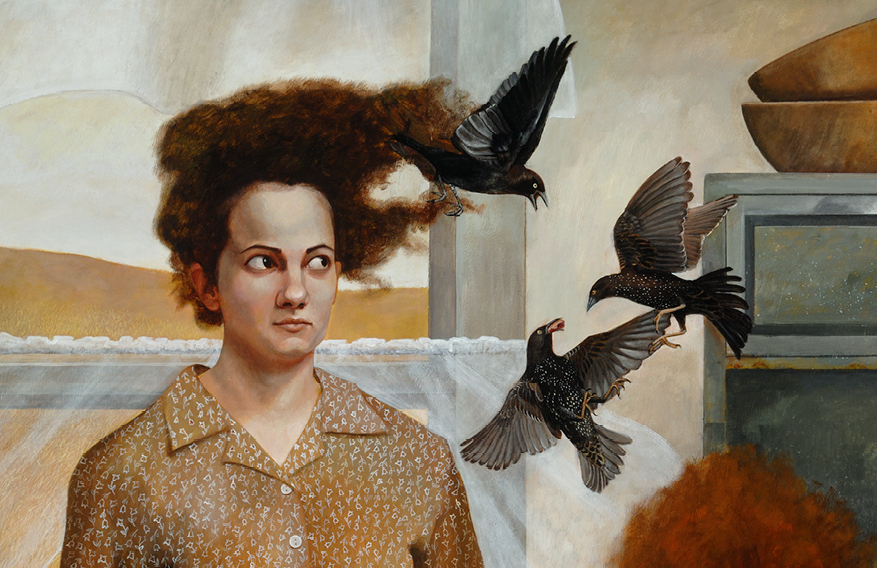Craft
Where is Williams S. Burroughs?

In addition to job prospects, a working economy, and fiscal responsibility, you can now add “an accurate understanding of the Beat Generation” to the list of things the Millennials will never have. The Atlantic takes a look at how Kerouac and co. have been misrepresented in a recent crop of films in order to appeal to younger audiences:
Given what the Beats meant to young people of the 1950s, perhaps it isn’t so surprising that their culture has been revived for millennial consumption. What teenager or 20-something doesn’t long to drop everything and take a road trip to wherever, with friends and booze and drugs and sex? And in an age when many young people are discovering that young adulthood isn’t all it’s cracked up to be, we could use some fun, right? But the current Beat revival arguably goes too far with its re-imagination of the Beat writers’ livelihoods as simple adolescent goofing around — its most prominent writers were, after all, well into their grown-up years when they wrote many of their most notable writings.
Hollywood portraying people as younger and more attractive, e.g. James Franco as Allen Ginsberg, isn’t much of a surprise, though. But writing out a major figure history because he doesn’t fit the part does a disservice to audiences. Jordan Larson observes that Williams S. Burroughs, the heroin addicted writer who shot his wife in the head during a game of “William Tell,” is absent from the Beats’ revival, because “his legacy would likely be a bit harder to spin as one of harmless and youthful adventure.”
It’s a shame, because portraying the ways the Kerouac and his fellow Beats lived as “some sort of consequence-free dream not only does a disservice to viewers, but to the Beats, as well,”
The conspiracy only gets deeper, though. Read the article here and discover the truth.









